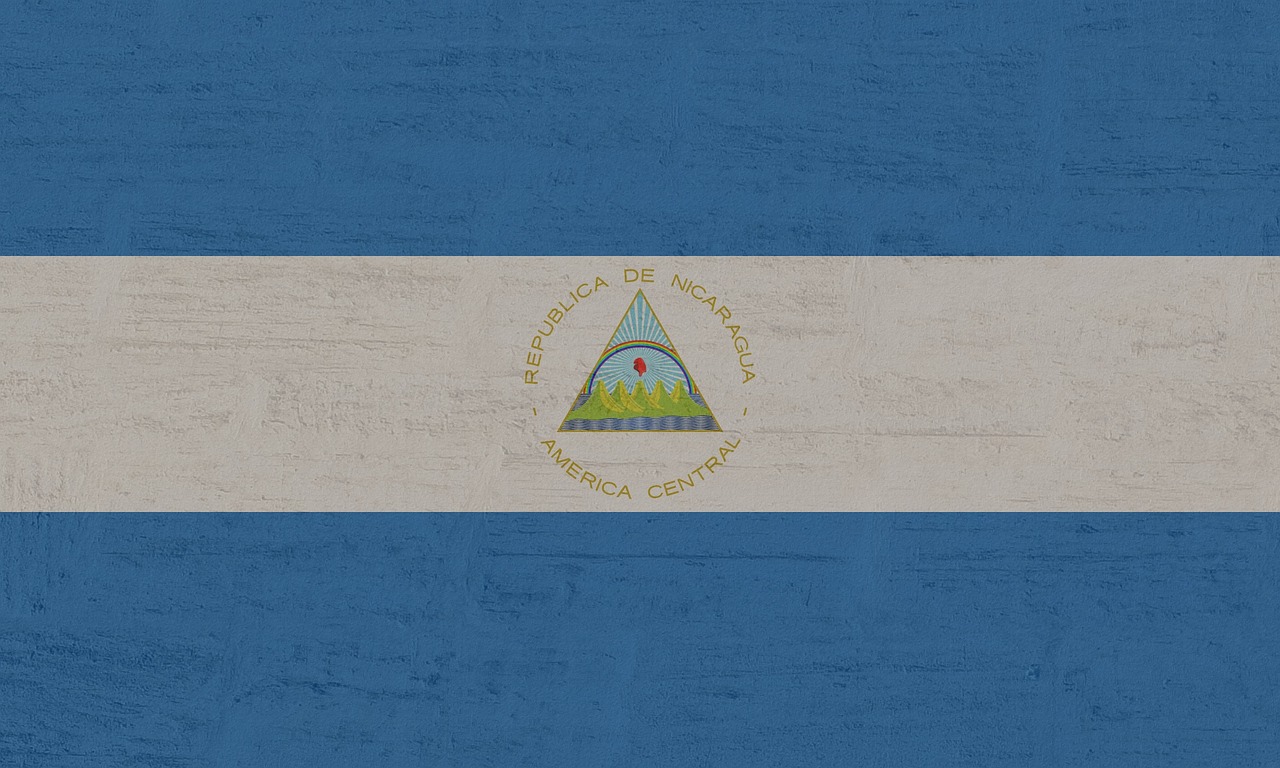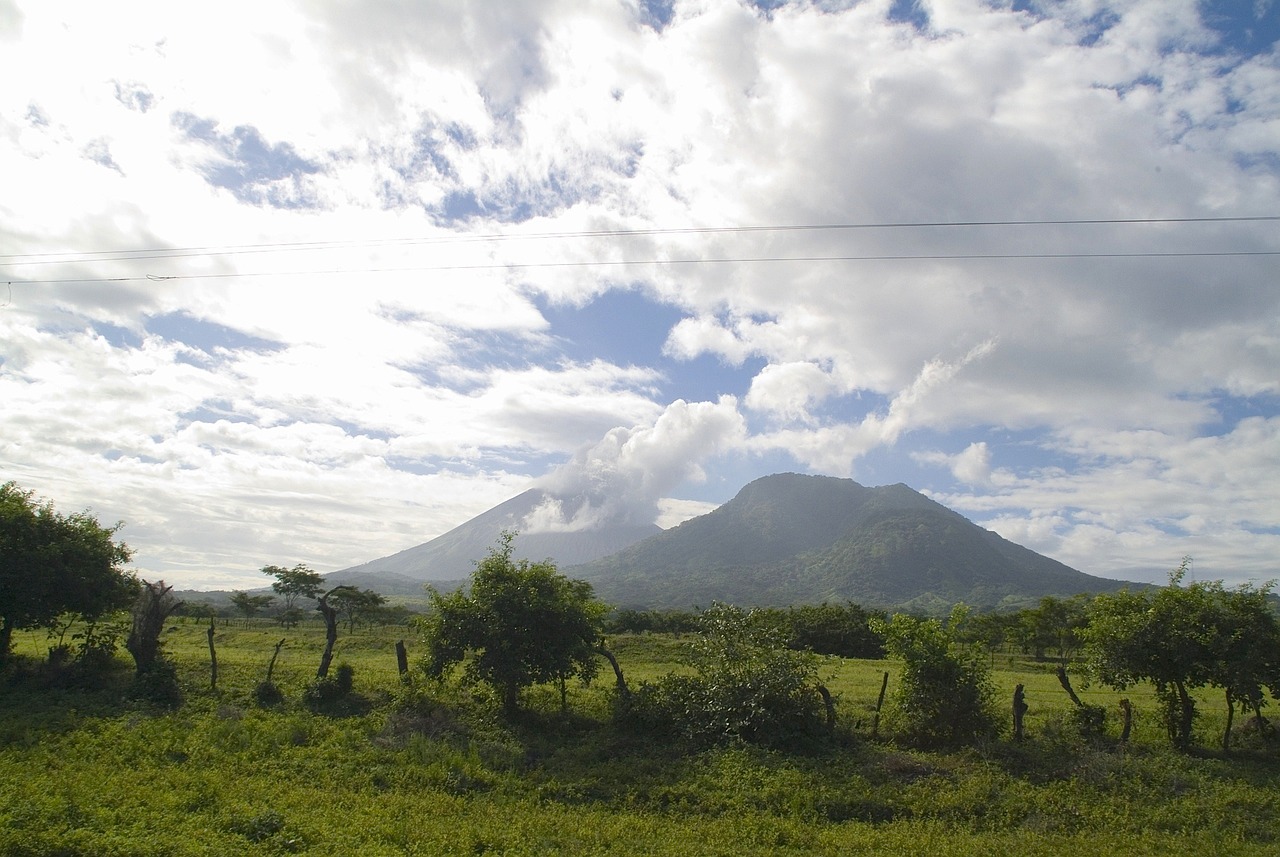Visa and Stay Regulations for Digital Nomads in Nicaragua
Nicaragua, located in Central America, is gaining popularity among digital nomads due to its affordable cost of living, beautiful landscapes, and vibrant culture. If you’re considering making Nicaragua your temporary home as a digital nomad, it’s important to understand the visa and stay regulations in the country. This article will provide you with detailed information on how to legally stay and work in Nicaragua as a digital nomad.
Entry Requirements
To enter Nicaragua as a digital nomad, you will need a valid passport with at least six months of validity remaining. Citizens of most countries, including the United States, Canada, European Union member states, and many others, can enter Nicaragua without a visa for up to 90 days. However, it’s always recommended to check with the Nicaraguan embassy or consulate in your home country for the most up-to-date information regarding visa requirements.
- Passport Validity: Make sure your passport has at least six months of validity remaining before traveling to Nicaragua.
- Visa-Free Entry: Citizens of many countries can enter Nicaragua without a visa for up to 90 days.
- Visa Extensions: If you wish to stay in Nicaragua for longer than the initial 90 days, you can apply for a visa extension at the Nicaraguan Immigration Office.
Visa Extension
If you want to extend your stay in Nicaragua beyond the initial 90 days, you can apply for a visa extension at the Nicaraguan Immigration Office. The visa extension allows you to stay in the country for an additional 90 days.
- Visa Extension Application: Visit the Nicaraguan Immigration Office in person to apply for a visa extension.
- Required Documents: Prepare the necessary documents, including a valid passport, proof of sufficient funds, and a return ticket or proof of onward travel.
- Extension Fee: Pay the required fee for the visa extension.
It’s important to note that visa extensions are not guaranteed and are subject to approval by the Nicaraguan authorities. It’s recommended to start the visa extension process well before your initial 90-day stay period expires to avoid any complications.
Working as a Digital Nomad
As a digital nomad, you may wonder about the legality of working remotely in Nicaragua. While the country doesn’t have a specific digital nomad visa, it generally allows individuals to work remotely as long as they are not employed by a Nicaraguan company and their income is generated outside the country.
- Remote Work: You can work remotely in Nicaragua as long as you are not employed by a Nicaraguan company.
- Income Source: Your income should be generated from sources outside Nicaragua.
- Tax Obligations: Consult with a tax professional in your home country to understand your tax obligations while working remotely in Nicaragua.
It’s always advisable to consult with an immigration lawyer or seek advice from the Nicaraguan authorities to ensure compliance with the country’s regulations and to address any specific concerns related to your situation.
Health Insurance
While not mandatory, it’s highly recommended to have comprehensive health insurance that covers medical expenses in Nicaragua. In case of illness or injury, having health insurance will provide you with peace of mind and ensure access to quality healthcare services.
- Comprehensive Coverage: Choose a health insurance plan that provides comprehensive coverage, including emergency medical treatment and evacuation if necessary.
- Check Network Providers: Before purchasing health insurance, check if there are network providers in Nicaragua to ensure easy access to medical facilities.
- Insurance Documentation: Keep a copy of your health insurance policy and emergency contact information with you at all times.
Housing and Accommodation
Nicaragua offers a wide range of housing options for digital nomads, from affordable apartments to luxurious beachfront villas. Popular cities for digital nomads include Granada, Leon, and San Juan del Sur, each offering a unique experience and lifestyle.
- Apartment Rentals: Consider renting a furnished apartment for long-term stays, as it provides more convenience and flexibility.
- Shared Housing: Co-living spaces and shared housing options are also available in some cities, providing opportunities to connect with like-minded individuals.
- Online Platforms: Utilize online platforms such as Airbnb, Booking.com, or local real estate websites to find suitable accommodation.
Transportation
Getting around Nicaragua as a digital nomad is relatively easy, with various transportation options available.
- Taxis: Taxis are a convenient mode of transportation within cities. Make sure to use licensed taxis and negotiate the fare before starting the journey.
- Public Buses: Public buses are the most economical way to travel between cities and towns in Nicaragua. They are often crowded but provide an authentic local experience.
- Rideshare Apps: Rideshare apps like Uber or local alternatives are available in major cities and offer a convenient and reliable transportation option.
Exploring Nicaragua
Nicaragua is a country with diverse natural beauty and cultural attractions. Here are some must-visit places during your stay:
- Granada: Explore the colonial charm of Granada, visit historical sites, and take a boat tour on Lake Nicaragua.
- Ometepe Island: Discover the volcanic island of Ometepe, hike to the summit of Concepcion volcano, and relax on beautiful beaches.
- San Juan del Sur: Enjoy the vibrant beach town of San Juan del Sur, known for its surfing, nightlife, and stunning sunsets.
Nicaragua Image 1:

Visa Renewal
If you wish to stay in Nicaragua beyond the second 90-day period, you will need to leave the country and re-enter to reset your visa. Popular options for visa renewal include traveling to neighboring countries such as Costa Rica or Honduras and returning to Nicaragua after a short period.
- Border Runs: Plan a short trip to a neighboring country and return to Nicaragua to renew your visa.
- Transportation Options: Consider bus or flight options for your border run, depending on your location and preferences.
- Entry Requirements: Check the entry requirements for the neighboring country you plan to visit to ensure a smooth border crossing.
Nicaragua Image 2:

Cost of Living
Nicaragua offers a relatively low cost of living compared to many other countries, making it an attractive destination for digital nomads.
- Accommodation: Rent for a furnished apartment can range from $300 to $800 per month, depending on the location and amenities.
- Food: Eating out at local restaurants is affordable, with a typical meal costing around $5 to $10. Cooking at home can further reduce expenses.
- Transportation: Local transportation costs, such as bus fares or short taxi rides, are relatively inexpensive.
Working Spaces
Nicaragua offers various co-working spaces and cafes where digital nomads can work comfortably and connect with fellow remote workers.
- Co-working Spaces: Explore co-working spaces in cities like Granada, Managua, and San Juan del Sur, offering amenities such as high-speed internet, meeting rooms, and a collaborative environment.
- Cafes and Restaurants: Many cafes and restaurants in Nicaragua provide free Wi-Fi and a relaxed atmosphere, making them suitable for working remotely.
- Libraries: Public libraries in major cities often offer quiet spaces and internet access, ideal for focused work.
Nicaragua Image 3:

Conclusion
Nicaragua welcomes digital nomads with its beautiful landscapes, affordable cost of living, and friendly culture. By understanding the visa and stay regulations, as well as exploring the country’s attractions and amenities, you can make the most of your digital nomad experience in Nicaragua.
References
– www.migob.gob.ni (Nicaraguan Immigration Office)
– www.travel.state.gov (U.S. Department of State)
– www.lonelyplanet.com (Lonely Planet Guide to Nicaragua)
– www.numbeo.com (Cost of Living in Nicaragua)

